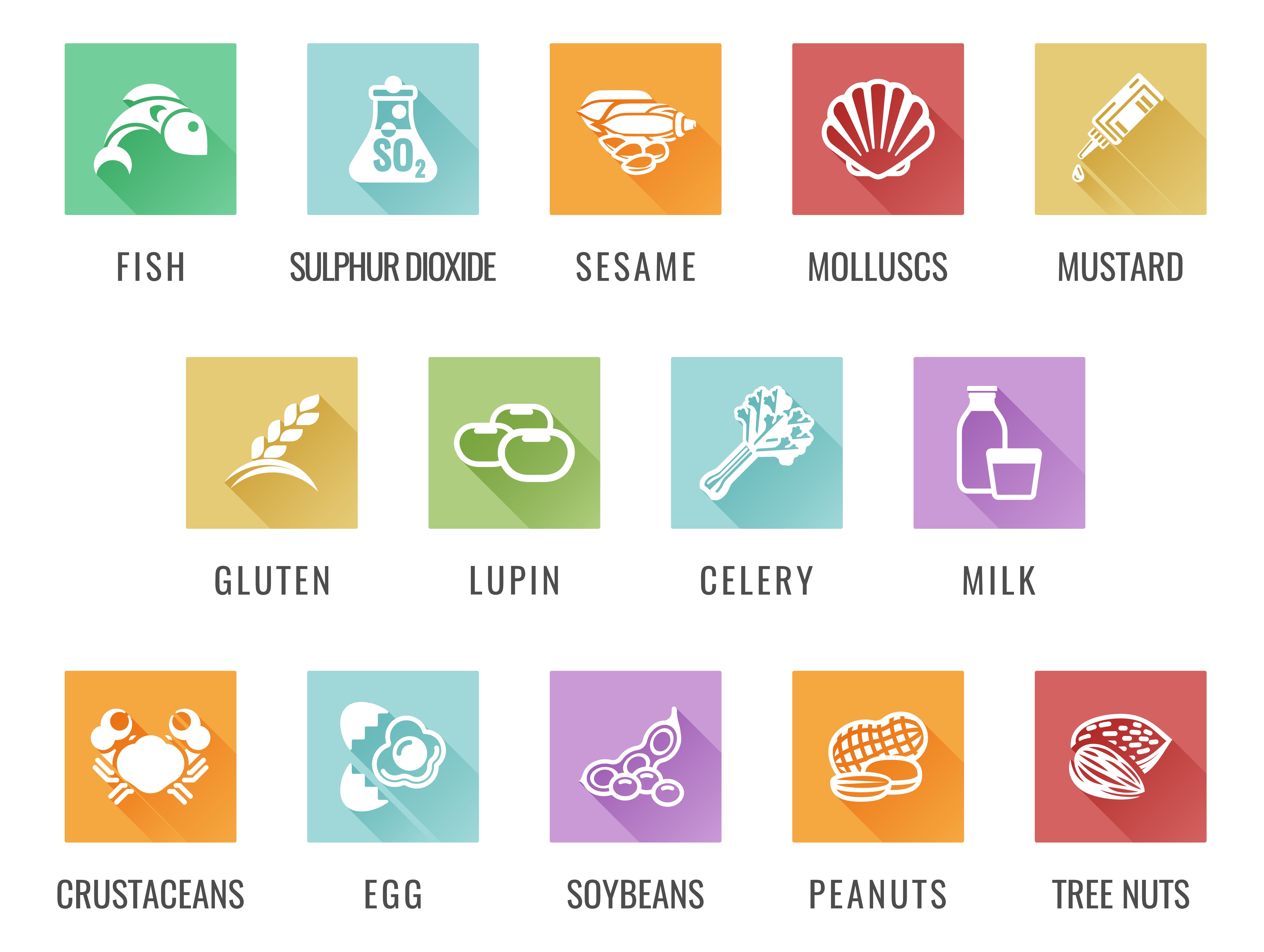September 13, 2023
National Celiac Awareness Day is an essential occasion that brings attention to celiac disease and the broader issue of food allergen safety. Celiac disease is an autoimmune disorder in which the ingestion of gluten triggers an immune response that damages the small intestine. With millions of people affected by celiac disease and food allergies, it's crucial to understand the significance of this day and the steps we can take to promote food allergen safety. In this blog, we will explore the importance of National Celiac Awareness Day and share valuable insights on how to navigate food allergen safety effectively.

Celiac disease is a chronic autoimmune disorder that primarily affects the small intestine. It is triggered by the consumption of gluten, a protein found in wheat, barley, rye, and their derivatives. When individuals with celiac disease ingest gluten, their immune system responds by attacking the lining of the small intestine, leading to various gastrointestinal and systemic symptoms. These symptoms can range from mild to severe and may include abdominal pain, diarrhea, fatigue, and skin rashes, among others.
National Celiac Awareness Day, observed annually on September 13th, serves several important purposes:
The day is an opportunity to educate the public about celiac disease, its prevalence, and the challenges faced by individuals living with it.
Many people with celiac disease remain undiagnosed. This day encourages individuals with symptoms to seek medical evaluation and testing, leading to earlier diagnosis and treatment.
National Celiac Awareness Day encourages restaurants, food manufacturers, and retailers to offer gluten-free options and label them accurately, making it easier for those with celiac disease to dine out and shop safely.
Food allergen safety is not limited to celiac disease but extends to all individuals with food allergies. Here are some key principles to consider:
Always read food labels carefully to identify potential allergens. Food manufacturers are required to list common allergens like peanuts, tree nuts, soy, milk, eggs, wheat, fish, and shellfish on their product labels.
Be aware of the risk of cross-contamination, especially when dining out. Cross-contact can occur when allergens are inadvertently transferred from one food to another during preparation or serving.
When dining out or attending social events, communicate your food allergies or dietary restrictions to servers, chefs, or hosts. They can take appropriate precautions to ensure your safety.
Educate friends and family about your food allergies and the seriousness of the condition. This can help create a supportive environment where precautions are taken to avoid allergens.
Always carry emergency medications like epinephrine for severe allergic reactions. Knowing how to use them and having them readily available can be lifesaving.
National Celiac Awareness Day shines a spotlight on the challenges faced by individuals with celiac disease and food allergies. By raising awareness, promoting early diagnosis, and encouraging safe practices, we can create a more inclusive and safer environment for those with special dietary needs. Whether you have celiac disease or know someone with food allergies, taking food allergen safety seriously is a shared responsibility that can make a significant difference in the lives of millions. On this day, let us commit to greater understanding and empathy towards those navigating the complexities of food allergies and celiac disease.